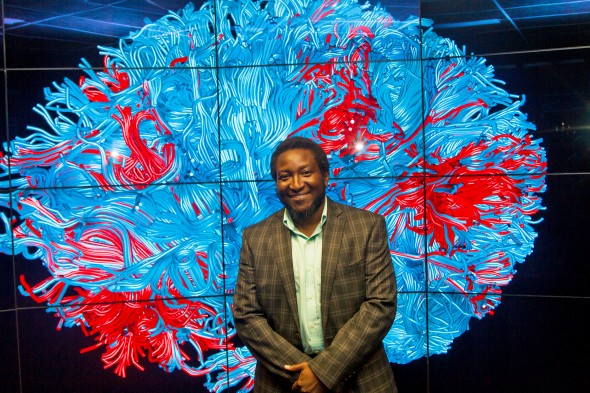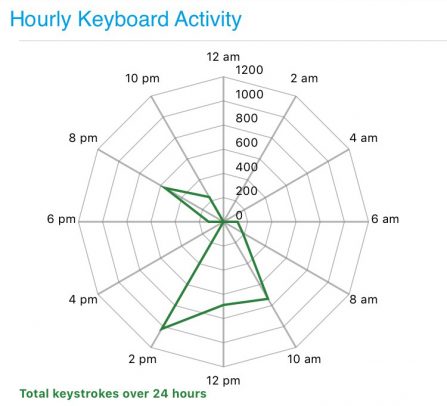UIC receives $5.9M to study mood disorders, cognition
The University of Illinois at Chicago has received $5.9 million from the National Institute of Mental Health for two studies that will use cognition data to predict relapses in mood disorders.
“Mood disorders are one of the highest contributors of disability in the world,” said UIC’s Dr. Olusola Ajilore, associate professor of psychiatry and director of the Mood and Anxiety Disorders Program at the College of Medicine. “Despite successful treatment of mood disorder in patients, cognitive disturbances can persist and are highly associated with relapses.”
The first study — called REMBRANDT, for Recurrence Markers, Cognitive Burden, and Neurobiological Homeostasis in Late-Life Depression — will focus on adults who have late-life depression, a mood disorder characterized by major depressive episodes that occur for the first time after the age of 60.
“Regardless of treatment success, studies show that 60% of older adults with late-life depression will have a relapse within four years,” Ajilore said.
To understand how late-life depression relapses develop, the study will monitor older adults in remission for two years. During the study period, the participants will undergo two-week cycles of data collection every eight months. Through clinical appointments, the researchers will assess participants for mood, psychological states and cognition. Participants’ brain connectivity also will be tracked using structural and functional neuroimaging, via MRI.
In the home setting, participants’ cognition, movement and sleep patterns also will be tracked through smartphone apps and activity tracking devices.
Ajilore said that the data collected will help determine if continuous monitoring of mood and activity are effective ways to predict and prevent relapses.
The REMBRANDT study received $2.8 million over five years.
The second study — called UnMASCK, for Unobtrusive Monitoring of Affective Symptoms and Cognition using Keyboard Dynamics — will focus on younger adults with depression, bipolar disorder or dysthymia.
“One problem in the diagnosis and treatment for mood disorders is that we rely on subjective data from patients, which may not always be accurate,” Ajilore said. “This grant could help us develop a method to create measurable objective data to assess how a patient is doing, and perhaps predict relapses before they occur.”
The study, which is co-led by Dr. Alex Leow, associate professor of psychiatry and bioengineering at UIC, will follow people with mood disorders between 21 and 45 years of age. Participants in the study will use a smartphone app called BiAffect for one month, and the researchers will analyze their use patterns to determine changes in cognitive function.
The BiAffect app, which was developed at UIC, uses a virtual keyboard on a smartphone that will passively monitor smartphone usage, typing rhythm and accuracy, and spell checking, which previous studies have shown can correlate with manic or depressive episodes. The data collected from BiAffect will be combined with clinical assessment, such as brain imaging and psychological tests, to determine whether cognitive dysfunction is reflected by typing behavior and can be used to predict episodes before symptoms manifest.
“By examining cognitive dysfunction patterns within an individual, we can develop better risk assessment tools that will allow quick therapeutic interventions before relapses occur,” Ajilore said. “Ultimately, this will help the psychiatry field in personalizing treatments, leading to better patient outcomes.”
The UnMASCK study was award $3.1 million over five years.
Co-investigators on the REMBRANDT study include Dr. Warren Taylor of Vanderbilt University and Dr. Carmen Andreescu from the University of Pittsburgh. Co-investigators on the UnMASCK study include Dr. Jennifer Duffecy, Dr. Alexander Demos and Dr. Scott Langenecker from the University of Utah.
Written by Natasha Wadlington
Categories
Health Sciences Colleges, Research
Topics
BiAffect, bipolar disorder, College of Medicine, depression, mood disorders, psychiatry


